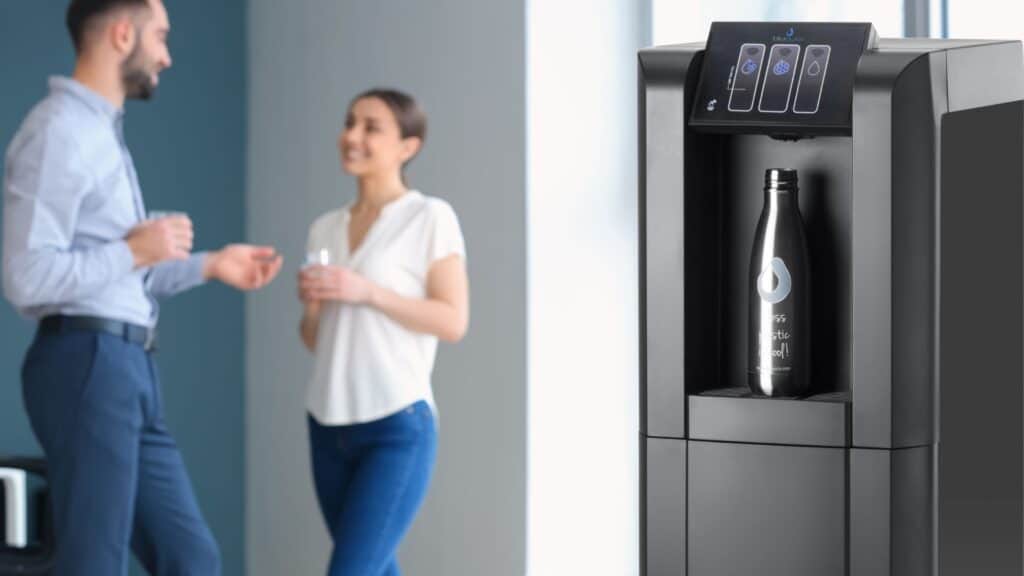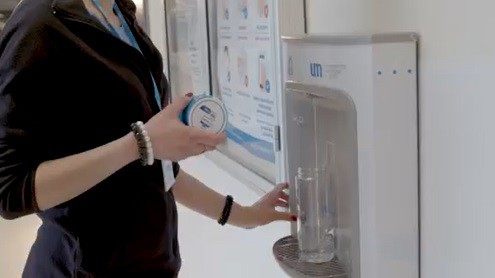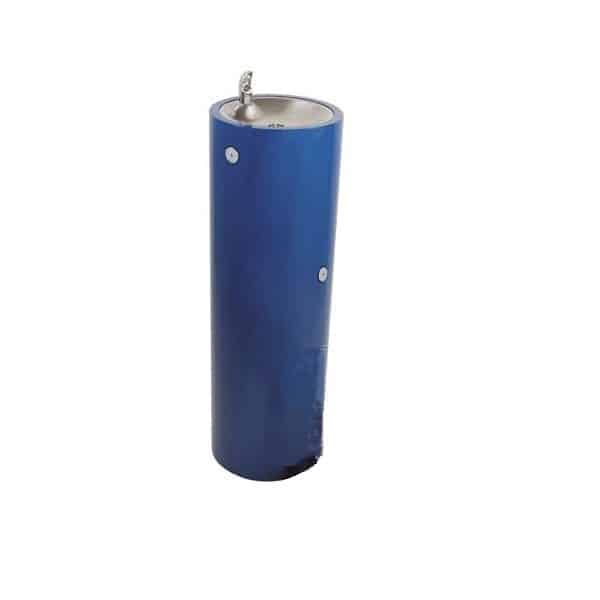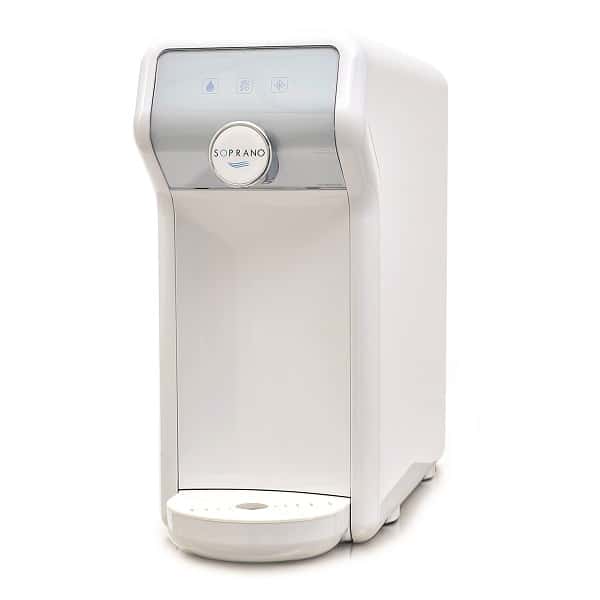Academy
Spa brands
In this section you will find a range of practical information related to our solutions. In the articles, we share our experience, discuss implementation steps and highlight good practices. It is a reliable source of information and advice on the provision of drinking water in public spaces, the legal regulations in this area, the benefits of installing drinking water dispensers and the technological aspects in this field.
We look forward to reading!
How do drinking water stations and mains water dispensers affect the positive perception of buildings?

Drinking water stations and tap water dispensers can positively influence the perception of buildings and facilities in many different ways. In this article, we present a few of them.
Drinking water stations and tap water dispensers provide residents, employees and visitors with easy access to clean and healthy water. This in turn creates an impression of care for the health and comfort of those using these facilities.
Sustainable practices
Besides, the use of tap water dispensers promotes sustainable water supply practices. This can include the use of reusable bottles and containers, which reduces the production of plastic waste. This in turn shapes a positive image of buildings as environmentally friendly places.
In addition, these solutions support a healthy lifestyle and teach good eating habits. Drinking water stations promote drinking water as a healthy alternative to fizzy drinks and sweetened beverages. This influences our health and can attract people who value healthy habits.
Comfort element
The presence of drinking water stations and tap water dispensers can also be seen as an element of comfort and hospitality in buildings and facilities. Visitors and guests can feel more welcome and employees more appreciated when they have access to fresh water. In addition, in offices or schools, this type of solution allows directors and employers to fulfil their legal obligations - whether it is to provide unrestricted access to water for children while at school or to ensure that employees have access to drinking water, particularly on hot days.


Incorporating drinking water stations and tap water dispensers into building designs can be part of a greater commitment to sustainable building practices. This can influence a building's ability to achieve sustainable building certifications and awards.
The economic aspect
There is also an economic aspect. Using tap water supplied by dispensers can help reduce the costs associated with buying bottled water, which can benefit both the building budget and the users. With this in mind, facilities that are not only environmentally friendly but also economical are being chosen more often by target audiences and demanded by investors.
Consequently, drinking water stations and tap water dispensers play an important role in creating a positive image for buildings and facilities, both in terms of user comfort and environmental concerns. They are part of sustainable and health-friendly practices that contribute to the positive perception and value of buildings. Therefore, it is worthwhile to explore this issue and learn about practical and proven solutions to make your project more functional, environmentally friendly and attractive.





